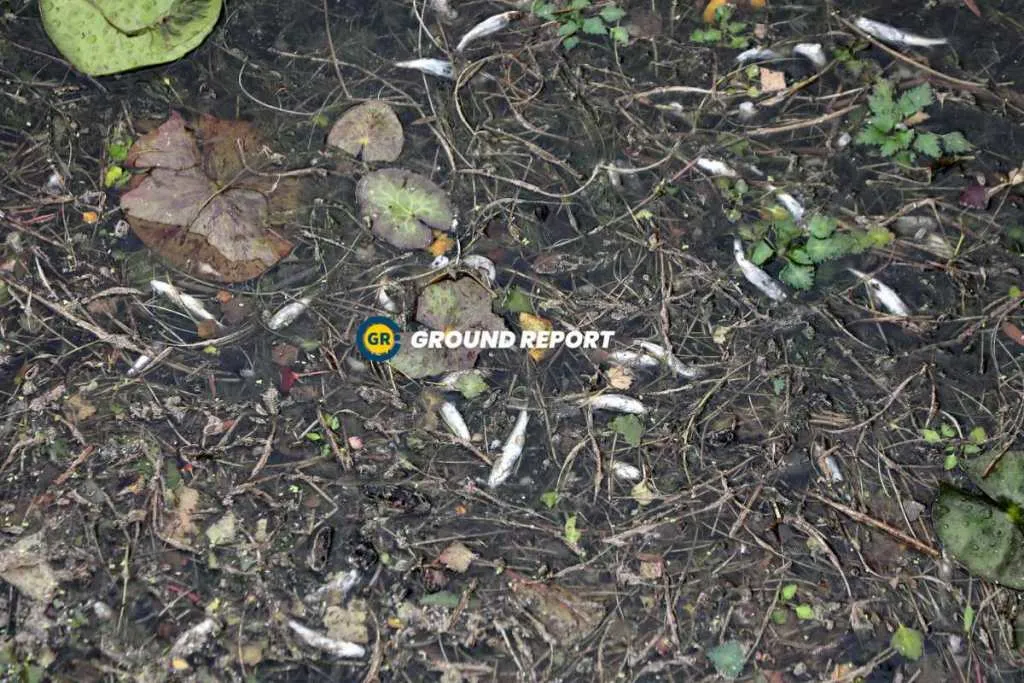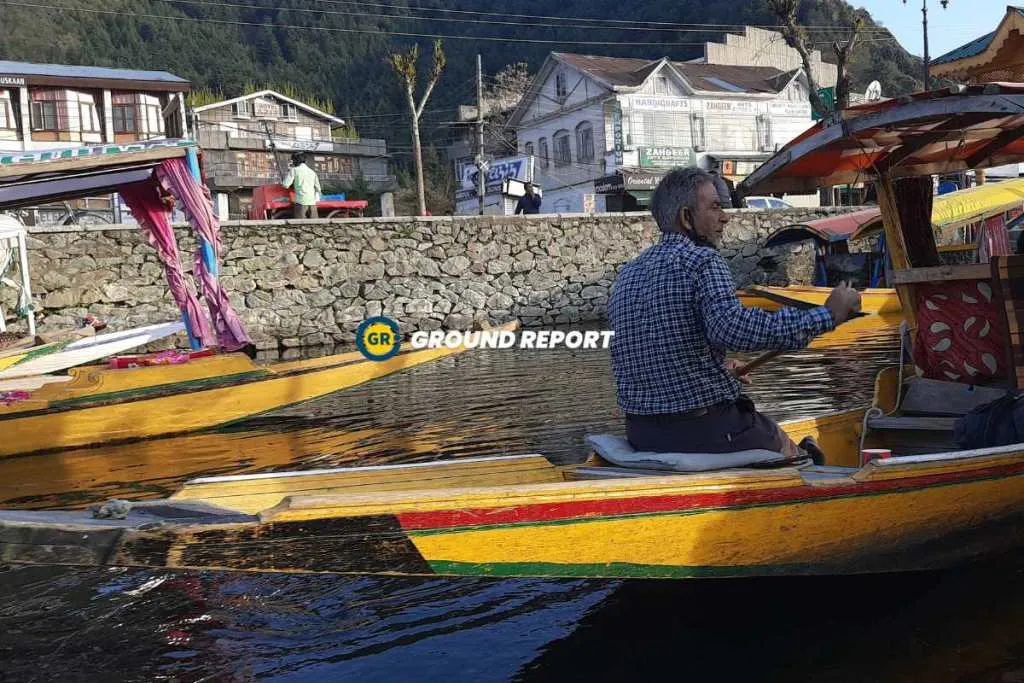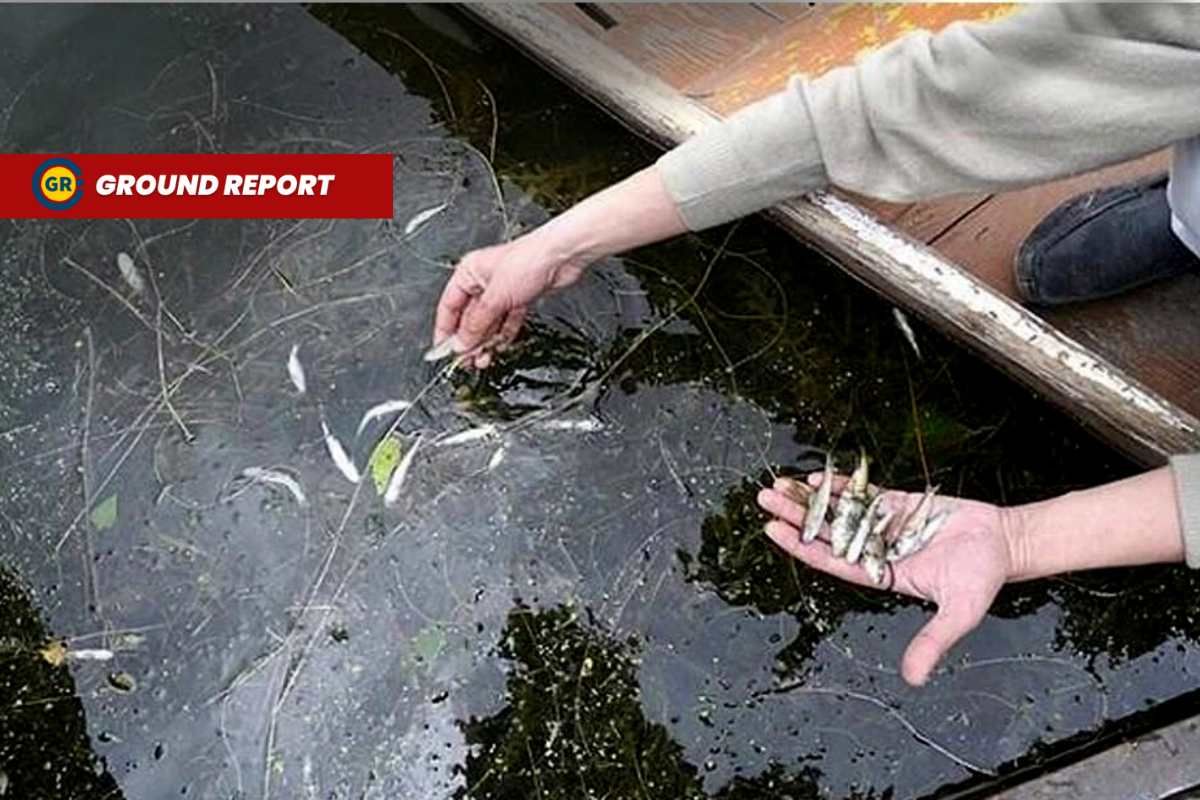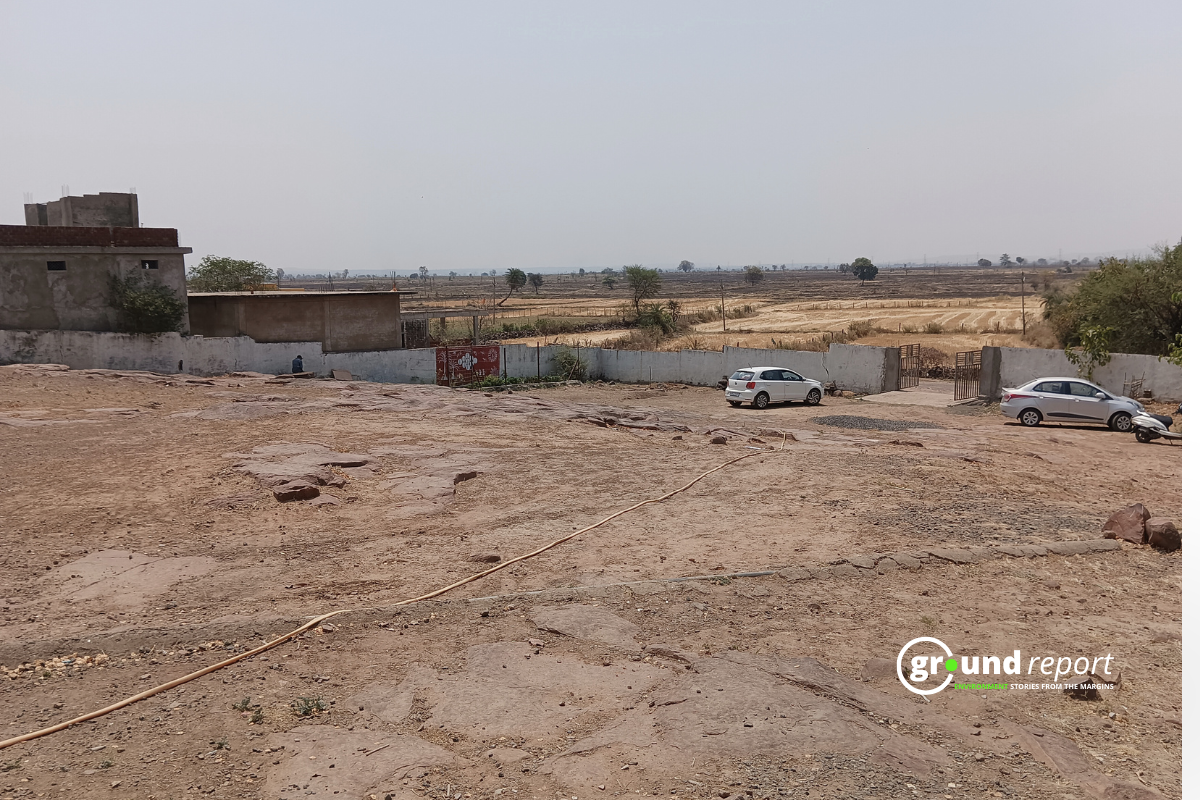Experts advise authorities and the local public to act quickly to address the issues related to lake restoration, management, and conservation.
The iconic Dal Lake in Srinagar, which is also a major tourist attraction, has recently been in the news for the wrong reasons. Hundreds of fish recently washed ashore and were found dead, signalling the presence of non-native species or increased pollution that has adversely affected the lake ecosystem.
Last week, the death of thousands of fish in the world-famous Iconic Dal Lake in Kashmir Valley led to an outcry, with authorities calling it an “Annual Affair,” while the experts mainly highlighted “growing pollution” as one of the reasons for the death, apart from supporting the “thermal stratification” theory.
The nodal agency mandated to clean the water body—Dal Lake, Jammu, and Kashmir Lakes Conservation and Management Authority stated that their scientific wings have made an initial examination to ascertain the cause of fish mortality, saying the deaths were caused due to “thermal stratification” – a change in the temperature at different depths of the lake.
Ecology and Hydrology of Dal Lake
According to a 2022 study, the lake has been affected to a calamitous extent in terms of both ecology and hydrology. The study mentions that Dal Lake has already shown the impacts of warming temperatures, variation in hydrological regime, excessive nutrient load, and invasion of non-native species.
‘Discharge of untreated sewage from several points and non-point sources has completely deteriorated the water quality of the lake. The impact has been exacerbated by deforestation, grazing, agriculture, and changes in land use and land cover patterns in the lake catchment. These activities have increased the sediment and nutrient loads in the lake waters, causing a loss of water quality. In addition, large-scale encroachment and discharge of human wastes from houseboats have led to severe weed infestation of the lake’, states the study.
Annual Affair or Thermal Stratification
Bashir Ahmad Bhat, VC Lakes and Conservation Management Authority (LCMA) told Ground Report that they have taken samples of dead fish from the lake, saying that the phenomenon is an “annual affair” and that a similar death pattern of fish has also been reported earlier.
“We have taken the samples for a detailed investigation, but the prime facie appears that the fish have died due to the thermal stratification which is a normal phenomenon. There is no need to panic, fish of smaller sizes as small as 2 to 3 inches have died”, he said.
He said that their department has its research lab where they have taken the samples of the dead fish, stating that they are waiting for the final results to come to know the exact cause of the death of the fish in the lake.

Lake Ecosystem & Approach
The lake has become hyper-eutrophic at several places, which has severely affected the lake ecosystem. Changes caused due to these factors have affected the lake water quality to such an extent that these cannot be corrected naturally, and if proper and timely measures are not implemented, the chances of lake survival are bleak.
Therefore, there is an urgent need to address the problems associated with lake restoration, management, and conservation by both authorities and the local population. A participatory approach-based conservation plan taking into consideration the restoration of water quality and quantity, considering all stakeholders, is the need of the hour to stop the lake from dying an untimely death.
What do Experts Say?
Dr Feroz Ahmad Bhat, Dean, Faculty of Fisheries at Sher-e-Kashmir University of Agricultural Sciences and Technology of Kashmir—SKUAST-K termed a series of reasons for the death of fish at Dal Lake, while majorly highlighting the pollution as a main cause of the death.
Bhat said that demand for the oxidation for the decomposition of organic and inorganic waste is also among the factors responsible for the death of fish in Dal Lake, saying the depletion of oxygen mainly happens during the summers in polluted water bodies due to changes in weather conditions.
“Mostly incidents of this nature happen in stagnant waters not in running waters when the biological oxygen demand is high. Among the number of reasons thermal stratification is also responsible for the death of fish”, he said.
Bhat added that during the summers, the oxygen demand at the bottom surface of the water body is high due to the presence of organic wastes, stating the oxidation process demands more oxygen supply.
“When there is an increase in temperature in summers, thermal stratification takes place and wastes rich in nutrients come at the top of the surface of water body requiring oxygen which also leads to the depletion of oxygen in water body”, he added.
Discharge of Effluents Into Lake
Pertinently, earlier this week, thousands of small dead fish were found floating in parts of the Dal Lake, The local dwellers on Dal Lake say that they have never seen so many dead fish floating in the lake. The people living on the lake said that it was stinking all over due to the dead fish.
Locals claim that an increase in the discharge of effluents from nearby localities into the lake, resulting in weed cover has resulted in depletion of oxygen levels in the lake.

Loss in Water Quality
According to a research study, Dal Lake has witnessed extreme loss in water quality during the last four decades because of anthropogenic pressures. The lake is unique in that over 50,000 people inhabit the lake itself in houseboats, dongas, or islands within the lake.
As per the above 2022 observational study, dal inhabitants derive their livelihood from the lake in terms of tourism, agriculture, fishing, and vegetable farming. The countless ways people use the lake have led to an extreme load of pollution in the lake. Encroachment in and around the lake has led to the loss of volume of water in the lake and consequently increased the concentration of pollutants.
The study has underlined that the discharge of untreated sewage, agricultural runoff, and sediments from adjoining catchments has further degraded the lake water quality. The changes in water quality are clear from the physio-chemical properties of the lake waters. While transparency and dissolved oxygen in the lake have decreased drastically during the last 40 years, the concentration of harmful substances like phosphates, nitrates, and chlorides has increased.
Future Research Demands
With countless stories glorifying the beauty of world famous Dal Lake, the statement is hardly believable, study has highlighted some of the significant future research demands including geological investigations of the catchment and the lake bed, hydrological examinations incorporating the strengthening of meteorological structure in the lake catchment, the impact of snowfall, snow-melt, and rainfall on temporal flow into the lake, the role of groundwater flow from the area neighbouring the lake to it and vice versa.
The study has also demanded a description of springs in the catchment and their characters, detailed applications of the catchment identifying soil types, elevation, drainage lines, land use, and their impact on flows in the drains pouring into the lake, the impact of activities in the catchment on the volume of surface and groundwater flowing into the lake, hydraulic modelling of the catchment and the lake, and modelling of the lake circulation.
Keep Reading
Indian agriculture household earns just Rs. 10,218 in a month: Govt
Post-harvest losses still high, reveals data shared in Lok Sabha
Khadi Haat village’s power-free wastewater treatment solution and more
Support us to keep independent environmental journalism alive in India.
Follow Ground Report on X, Instagram and Facebook for environmental and underreported stories from the margins. Give us feedback on our email id greport2018@gmail.com.
Don’t forget to Subscribe to our weekly newsletter, Join our community on WhatsApp, and Follow our YouTube Channel for video stories.






